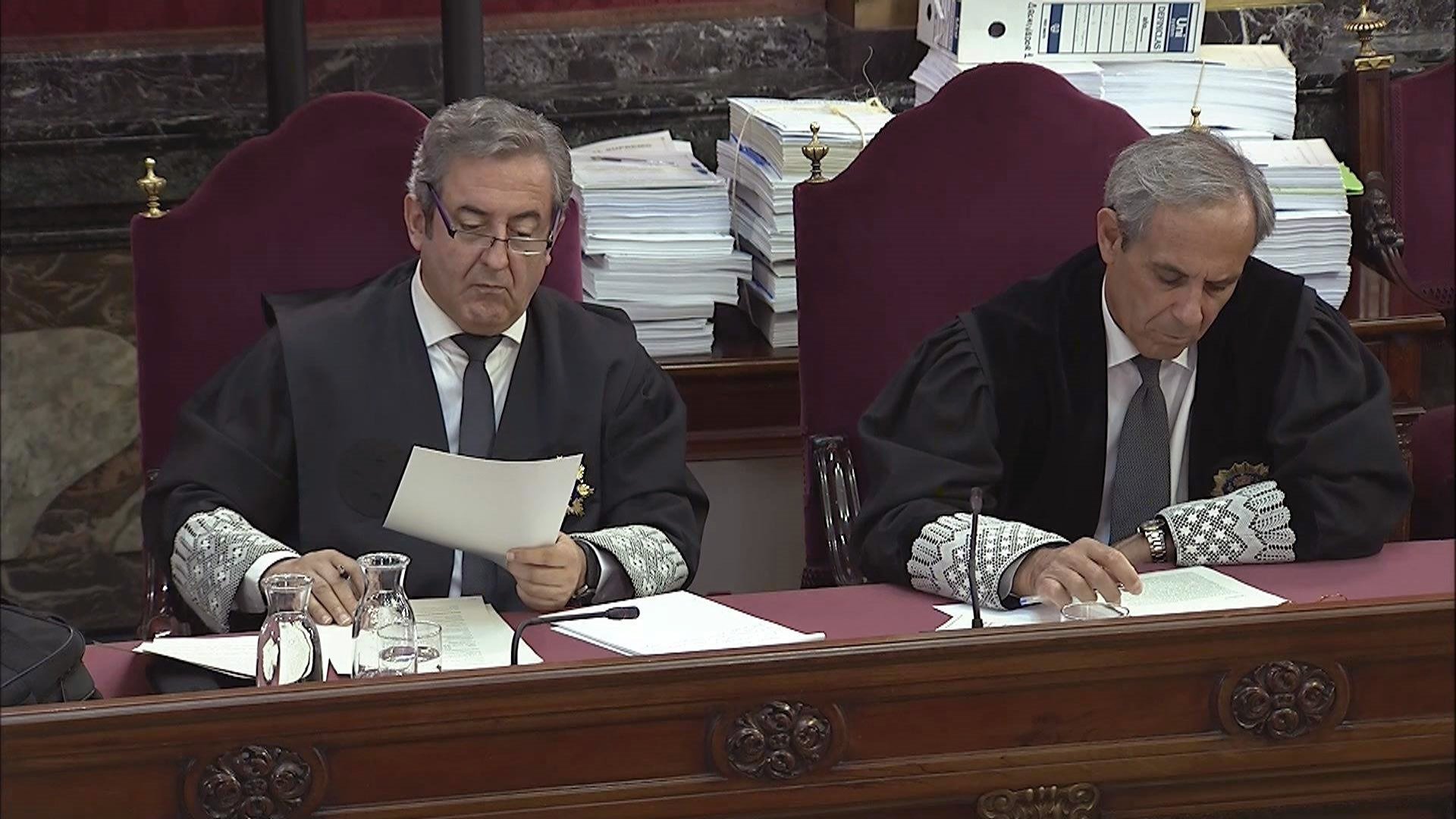Senior Spanish public prosecutor Javier Zaragoza has called for a reform of the European Arrest Warrant system in response to the case of Catalonia's president in exile, Carles Puigdemont. "It cannot be that a state becomes a haven of impunity for those who seek to alter a country's territorial integrity," said the Supreme Court prosecutor this Monday, referring to the situation of Puigdemont and his former cabinet ministers. In an internet conference on the crimes of sedition and rebellion organized by the Spanish political group Ciudadanos in the European Parliament, Zaragoza said that "the events that took place in Catalonia" in 2017 "are punishable in all member states of the European Union," but he admitted that the "disparity" in criteria applied to a European Arrest Warrant has been "an obstacle" to extraditing Puigdemont and the other ex-ministers who are in Belgium.
“The system has once again failed us,” said the prosecutor, who presented the case against the pro-independence leaders in last year's Supreme Court trial. He asserted that in Spain "political dissent is not criminalized", but that a political project cannot be "imposed coercively". For this reason, Zaragoza sees it as "legal and political nonsense" to consider those convicted as a result of the referendum process as "political prisoners".
Against reform of sedition and rebellion laws
Zaragoza reiterated his opposition to the reform, currently being undertaken by the Spanish government, of the crimes of sedition and rebellion, and he defended the incorporation of other offences to ensure the protection of the constitutional framework.
The debate was also attended by French prosecutor François Molins and the general secretary of the Hay Derecho Foundation, Elisa de la Nuez.
Extradition rejected in Germany
The then-president of Catalonia, Carles Puigdemont, and several members of his government, presented themselves to Belgian justice in the period after the Catalan independence referendum in October 2017, when the Spanish authorities sought to arrest them on charges of sedition and rebellion arising from the independence process.
The European Arrest Warrants presented by Spanish justice for the Catalan politicians were twice withdrawn after encountering judicial setbacks in Europe. The second occasion followed Puidgemont's arrest in Germany in 2018, when a court in Schleswig Holstein ruled against extraditing the Catalan leader for an alleged offence of rebellion, only agreeing to do so for him to face trial for supposed misuse of public funds.
The arrest warrants were presented for a third time following the conviction for sedition of nine pro-independence leaders in last year's trial in Spain. Puigdemont along with former ministers Toni Comín and Clara Ponsatí are now serving as MEPs in the European Parliament, after being elected in 2019, and prior to any extradition hearing, the EU chamber has to consider a request to waiver their parliamentary immunity.
On December 7th, the three Catalan pro-independence MEPs will present their arguments on this question before the house's Committee on Legal Affairs, chaired by Spanish MEP Adrián Vázquez (Ciudadanos party).

